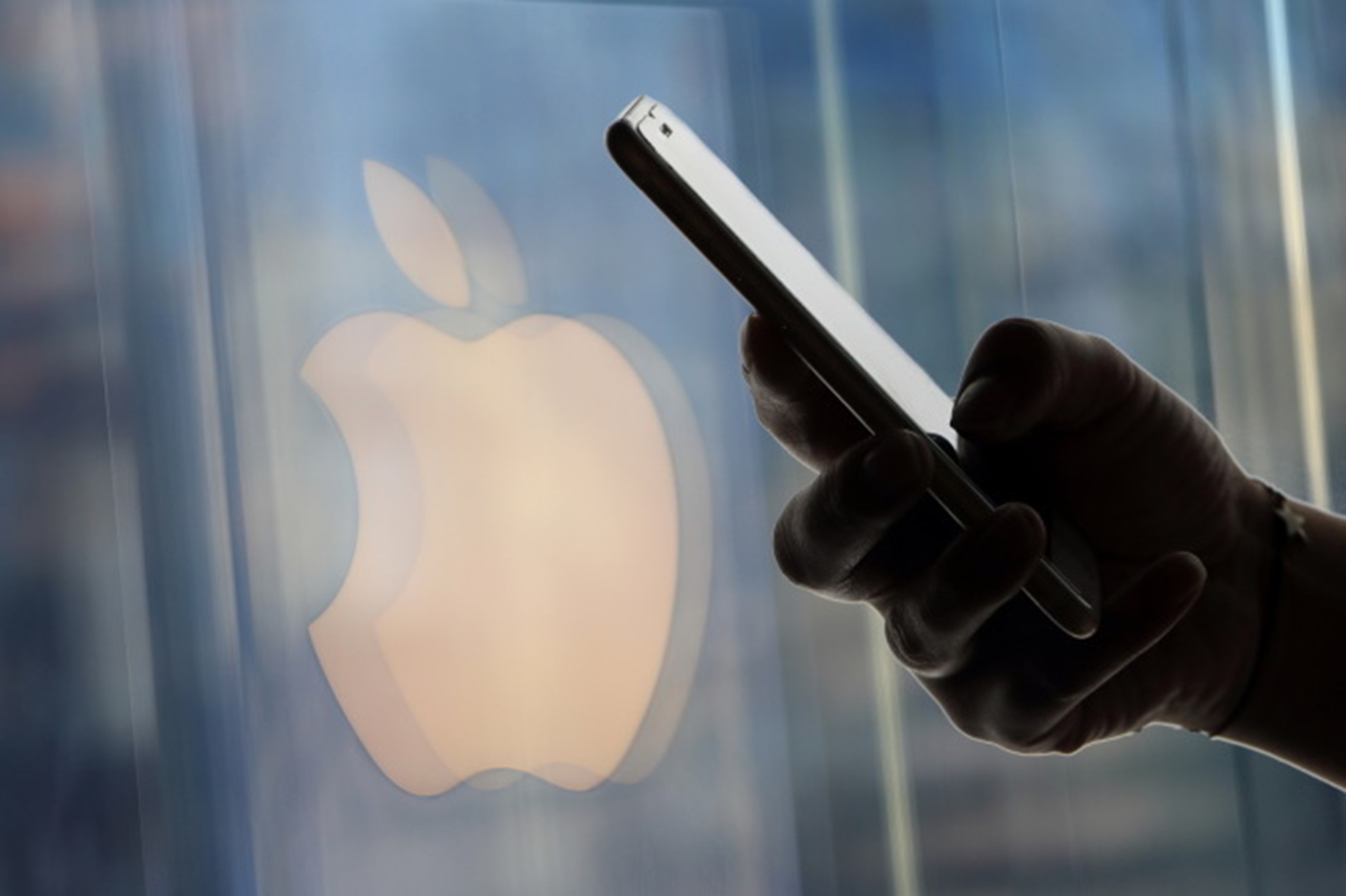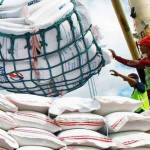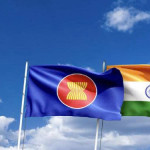Total number of posts 463.
On October 25, the Indonesian Ministry of Industry announced a ban on licensing the sale and marketing of Apple’s latest iPhone 16 and Apple Watch Series 10 across the entire country. Older Apple products, however, are still permitted for sale in Indonesia.

This move poses a significant challenge for Apple, as the iPhone 16 series has been experiencing robust sales growth in various markets, including China.
The Indonesian Ministry of Industry stated in early October 2024 that Apple had only invested 1.5 trillion rupiahs (approximately USD 95 million) in Indonesia, falling short of its original commitment of 1.7 trillion rupiahs. Apple has established four development centers in Indonesia but has not set up a local manufacturing facility, as promised by CEO Tim Cook in April 2024.
This investment shortfall is the primary reason the Ministry of Industry cannot issue the International Mobile Equipment Identity (IMEI) certification for the iPhone 16. The Ministry explained that "licensing for the iPhone 16 cannot proceed as Apple still has unfulfilled commitments."
Moreover, Apple’s Domestic Content Certification (TKDN) has expired and is awaiting renewal. Products sold in Indonesia must meet a certain percentage of local content, with a minimum threshold of 35–40% for electronic devices like mobile phones.
According to the Ministry of Industry, as of now, around 9,000 iPhone 16 units have entered the Indonesian market via hand-carry or postal shipments. However, these devices are permitted only for personal use and are not authorized for commercial transactions.
On October 22, Minister Agus Gumiwang Kartasasmita urged Indonesians not to purchase iPhone 16 devices from abroad. He also requested the public to report individuals engaging in hand-carry sales of the iPhone 16, labeling such activities as "illegal."
As of November 5, Apple proposed a USD 10 million investment to lift the ban but was rejected. On November 19, the company raised its offer tenfold. The proposed USD 100 million investment plan over two years focuses primarily on building research and development centers and a developer academy in Bali and Jakarta. Additionally, Apple plans to begin producing AirPods Max components starting in July 2025.
However, Indonesia seeks a stronger commitment to manufacturing. Febri Hendri Antoni Arif remarked, "Although we cannot yet produce semiconductors, Apple can source components from local suppliers if needed. This would create a multiplier effect, particularly in terms of labor absorption in Indonesia."
Google's Pixel line is also under scrutiny for similar reasons. Indonesia has banned Google phones from being sold domestically because the Google Pixel does not meet the same local content requirements as the iPhone 16. During a press conference on October 31, Febri Hendri Antoni Arif stated that selling Google Pixel phones in the country is illegal. An estimated 22,000 devices have entered the market via postal shipments or hand-carry methods, according to the news outlet Kontan.
Other smartphone manufacturers such as Samsung and Xiaomi have established assembly plants in Indonesia to comply with the country’s investment regulations. Indonesia also enforces other foreign investment rules, including the use of local materials or labor.
Indonesia has a long-standing history of implementing strict regulations to compel foreign companies to manufacture goods locally. While this approach creates more job opportunities for Indonesian workers, it also significantly impacts foreign companies’ investment decisions.
According to Bloomberg, these recent measures signal Indonesia’s willingness to intensify its enforcement of restrictive policies on foreign businesses to secure greater investment.














